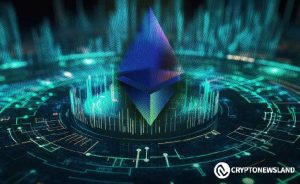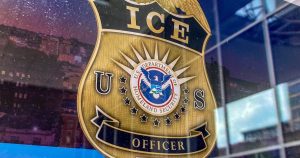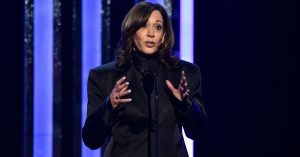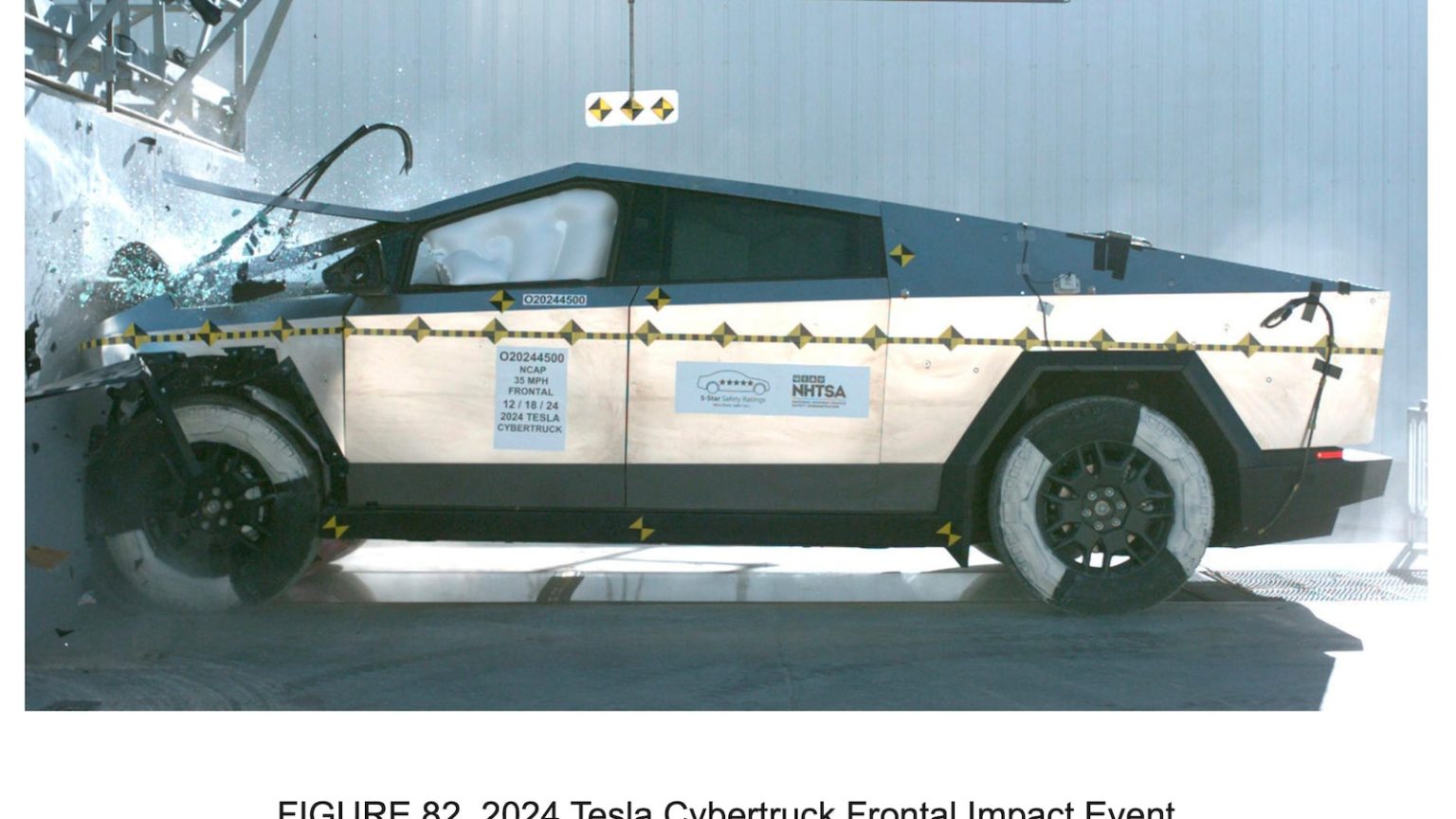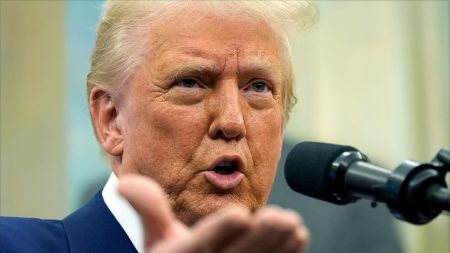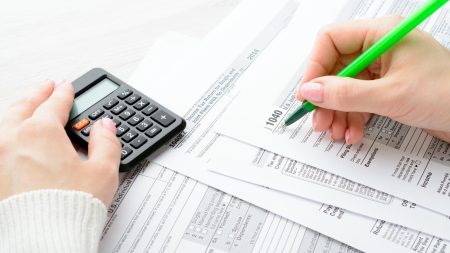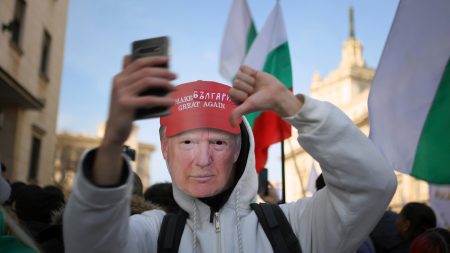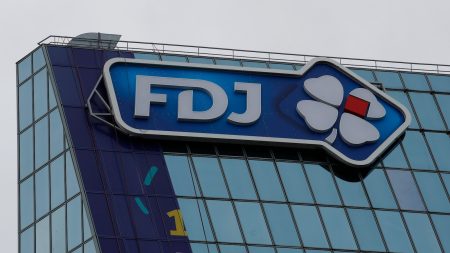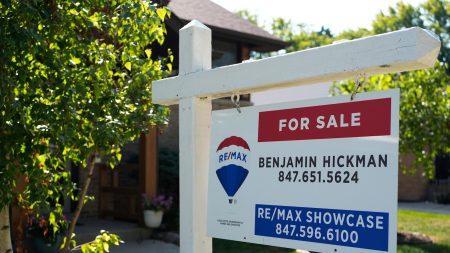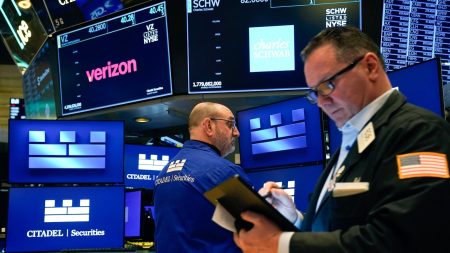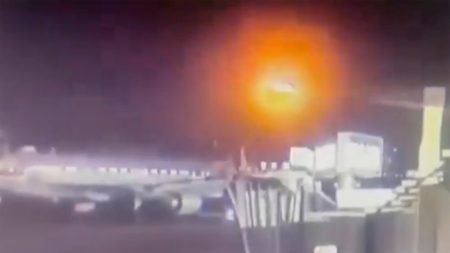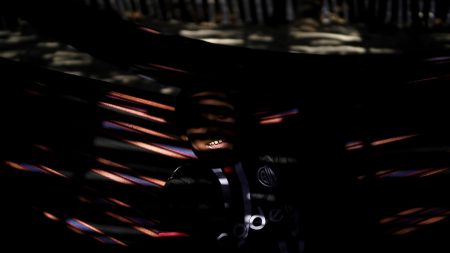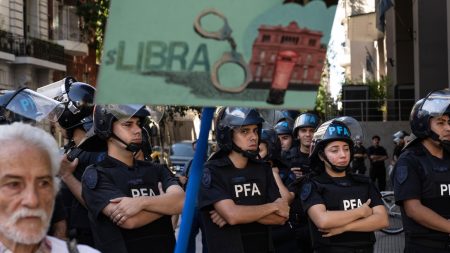Elon Musk’s Cost-Cutting Measures and Their Impact on Vehicle Safety Regulation
Elon Musk, the CEO of Tesla, has been making headlines for his aggressive cost-cutting measures across various sectors, and now his efforts have reached the National Highway Traffic Safety Administration (NHTSA), the federal agency responsible for overseeing vehicle safety in the United States. Musk’s cost-cutting team, part of the Department of Government Efficiency, has been instrumental in reducing jobs at NHTSA, raising concerns about the potential impact on the agency’s ability to regulate the automotive industry, particularly when it comes to self-driving technology. This move has sparked a heated debate about the balance between government efficiency and public safety.
The NHTSA, which is tasked with ensuring the safety of all vehicles on American roads, has recently undergone a series of job cuts. While the agency has described these reductions as "modest," there is growing concern that these cuts could weaken the agency’s ability to carry out its mission. Musk has been a vocal critic of NHTSA, accusing it of stifling innovation, particularly in the realm of self-driving technology. He has argued that the agency’s investigations and recalls are holding back progress in this field. However, NHTSA maintains that its primary goal is to protect the public by enforcing safety standards and investigating incidents related to vehicle safety.
The NHTSA Responds to Job Cuts and Their Potential Impact
In response to the job cuts, the NHTSA has issued a statement assuring the public that the reductions will not compromise its ability to perform its critical functions. The agency emphasized that it has retained positions essential to its mission of saving lives, preventing injuries, and reducing the economic costs associated with road traffic crashes. However, critics are skeptical, pointing out that even modest staff reductions could have a significant impact on the agency’s effectiveness, especially when it comes to complex and technical areas like self-driving technology.
The job cuts at NHTSA were first reported by The Washington Post and have been attributed to Musk’s advisory group, which is focused on shrinking the federal government. This has raised questions about the role of private industry in shaping public policy and the potential conflicts of interest that may arise when executives like Musk have a direct influence on government agencies that are supposed to regulate their companies. The situation has also highlighted the broader debate about the appropriate role of government in regulating emerging technologies.
The Potential Impact on Tesla Investigations
One of the key areas of concern is the potential impact of the job cuts on NHTSA’s ability to investigate incidents involving Tesla’s vehicles, particularly those equipped with the company’s partially automated driving systems. NHTSA has been actively investigating several deadly crashes involving Tesla vehicles, and any reduction in the agency’s resources could potentially slow down or compromise these investigations. The agency has sought to reassure the public that it will continue to enforce the law and hold all manufacturers accountable, but the situation remains a cause for concern.
Tesla has also been required to report crash data related to its self-driving technology, a requirement that the company has criticized. Watchdog groups fear that the job cuts at NHTSA could lead to a relaxation of these reporting requirements, which they argue are essential for ensuring public safety. The situation has highlighted the ongoing tension between the need for government oversight and the desire to foster innovation in the automotive industry.
The Broader Context of Self-Driving Technology Regulation
The issue of self-driving technology regulation is one that goes beyond Tesla and NHTSA. As more companies develop and deploy autonomous vehicles, there is a growing need for clear and effective regulations to ensure public safety. However, the regulatory process is often slow and can be influenced by a variety of factors, including political pressure and industry lobbying. Musk’s criticisms of NHTSA reflect a broader frustration within the tech industry about what is perceived as excessive regulation and a lack of understanding of emerging technologies.
At the same time, consumer safety advocates argue that rigorous oversight is essential, given the potential risks associated with self-driving technology. They point to incidents like the deadly crashes involving Tesla’s vehicles as evidence that the current regulatory framework is still evolving and that any weakening of oversight could have serious consequences. The situation underscores the need for a balanced approach that takes into account both the need for innovation and the need for public safety.
Musk’s Vision for the Future of Transportation
Elon Musk has long been a proponent of self-driving technology, and he has repeatedly expressed his belief that it has the potential to revolutionize transportation. He has argued that autonomous vehicles could significantly reduce the number of accidents on the road, as they are capable of reacting faster and more accurately than human drivers. However, this vision of the future is not without its challenges, as the development and deployment of self-driving technology raise a host of legal, ethical, and regulatory issues.
Musk’s criticisms of NHTSA are part of a broader effort to shape the regulatory environment in a way that is more supportive of innovation. However, this approach has raised concerns among consumer safety advocates and government watchdogs, who argue that any weakening of regulations could put the public at risk. The situation highlights the ongoing debate about the role of government in regulating emerging technologies and the need for a framework that balances innovation with public safety.
Conclusion: Balancing Progress and Safety
The situation involving Elon Musk, Tesla, and NHTSA is a complex one, reflecting the broader challenges of regulating emerging technologies in the automotive industry. While Musk’s vision for the future of transportation is undoubtedly ambitious and has the potential to bring about significant benefits, it is essential that these innovations are developed and deployed in a way that prioritizes public safety. The job cuts at NHTSA, while described as modest, have raised concerns about the agency’s ability to fulfill its mission and hold companies like Tesla accountable for the safety of their vehicles.
As the automotive industry continues to evolve, it will be important to strike a balance between fostering innovation and ensuring that the necessary safeguards are in place to protect the public. This will require a collaborative effort between government agencies, industry leaders, and consumer safety advocates, as well as a commitment to transparency and accountability. The stakes are high, but with the right approach, it is possible to create a future where self-driving technology enhances safety and transforms the way we think about transportation.
